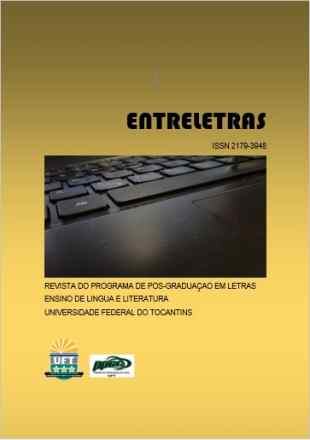POSSÍVEIS MARCAS DE ORALIDADE EM MANUSCRITOS DE ANTONINA
EntreLetras
POSSÍVEIS MARCAS DE ORALIDADE EM MANUSCRITOS DE ANTONINA
Autor Correspondente: C. A. Cunha | [email protected]
Palavras-chave: diacronia, manuscritos, oralidade
Resumos Cadastrados
Resumo Português:
Procura-se comprovar com este breve trabalho a existência de marcas da oralidade emmanuscritos paranaenses, produzidos nos séculos XVIII e XIX. Apesar da forma policiada comque foram redigidos tais textos, em termos de adequação à norma culta, neles sempre despontam,aqui e ali, traços da língua oral. Busca-se observar estes vestígios através da estrutura sintática ede marcas ortográficas, tentando-se verificar a possível influência da oralidade então vigente, aqual indicaria os rumos diacrônicos que a língua portuguesa falada no Paraná seguiria nos séculosseguintes. É uma pesquisa de natureza histórica, mas com aplicação sincrônica, na realidadelinguística do Paraná.
Resumo Inglês:
This paper intends to prove the existence of marks of orality in manuscripts produced in the State of Paraná during the XIIIth and XIXth centuries. Despite the careful way these texts were drafted, in terms of adaptation to Standard Portuguese, some traces of oral language emerge here and there. So this study aims to observe these traces through orthographic marks, trying to verify the possible influence of orality on the written language, which would indicate the direction that diachronic Portuguese spoken in Paraná would follow in the next centuries. This research is historical in nature, but with synchronic application to the linguistic reality of the State.

